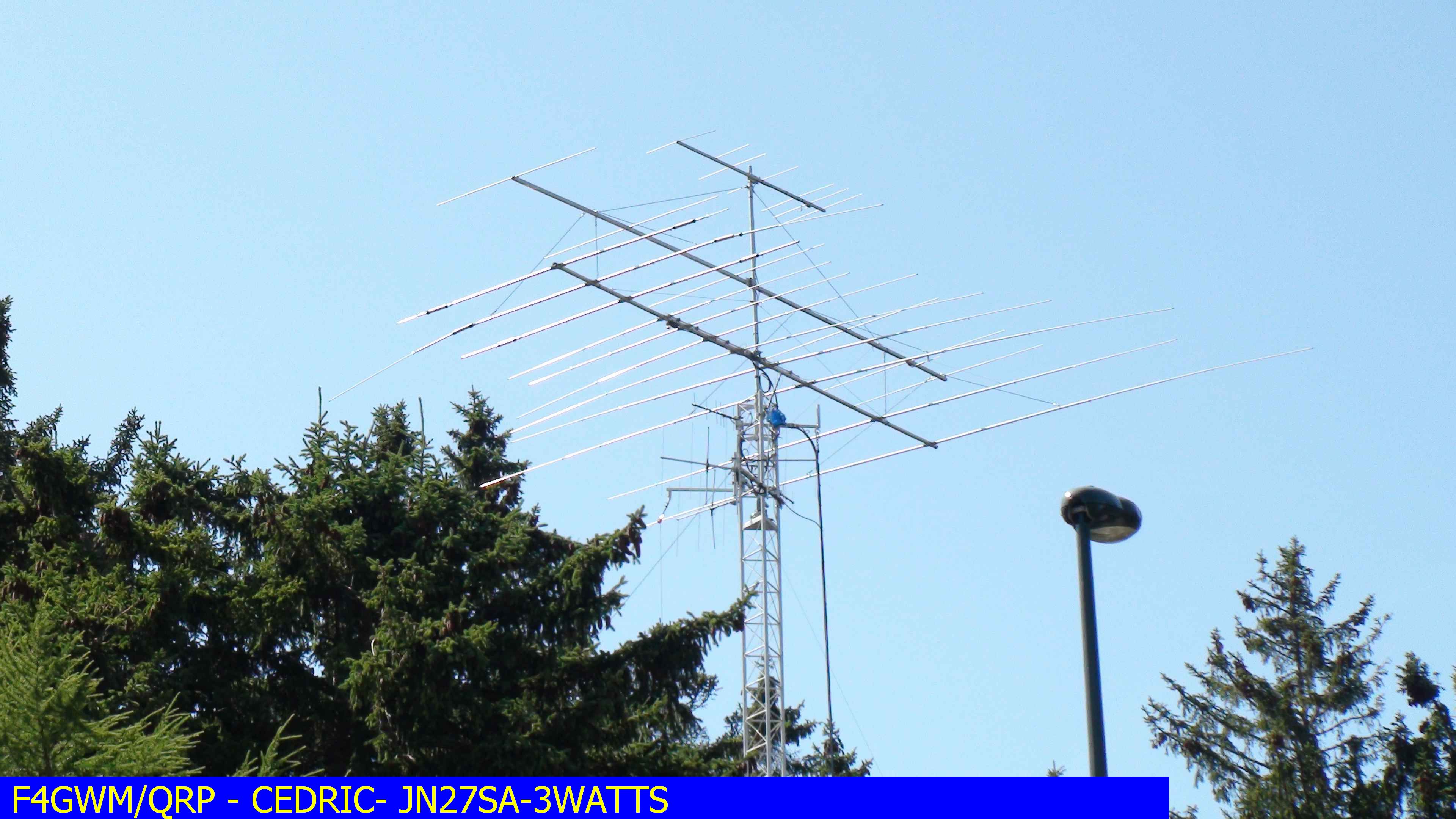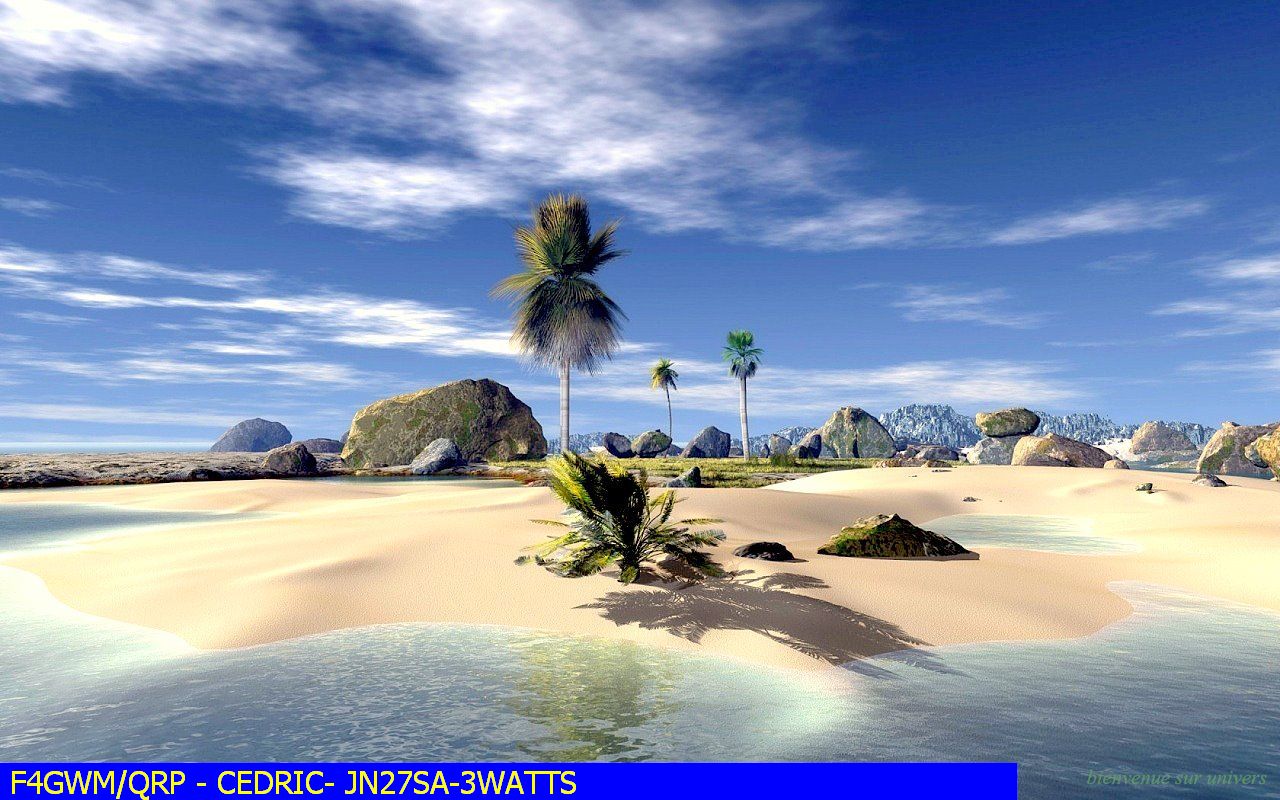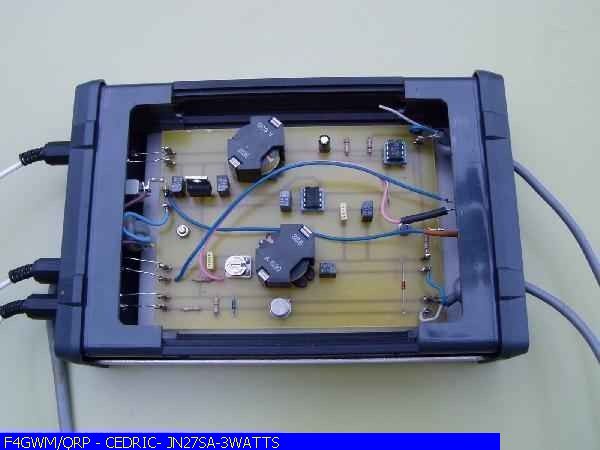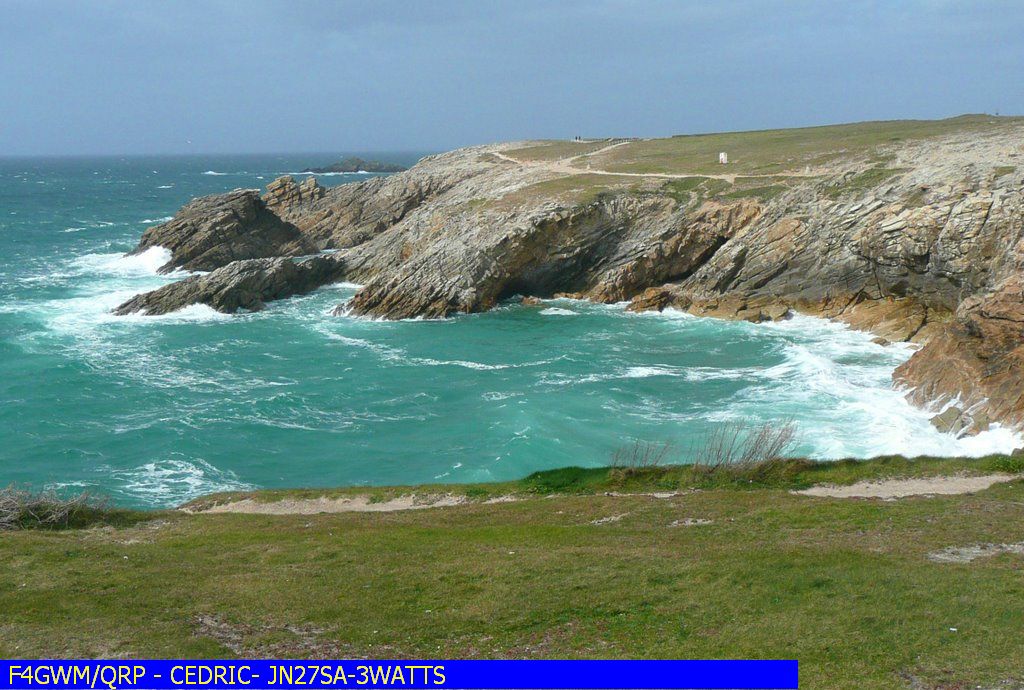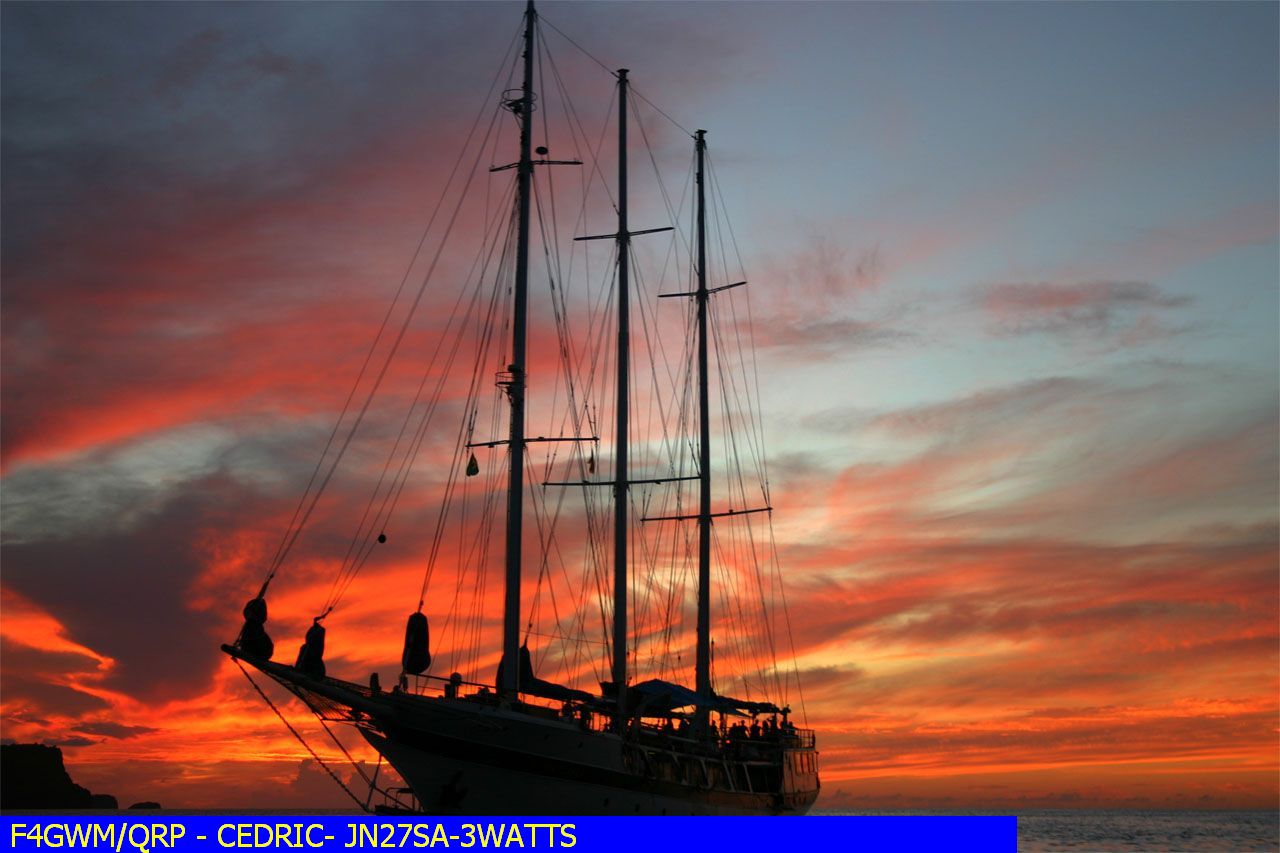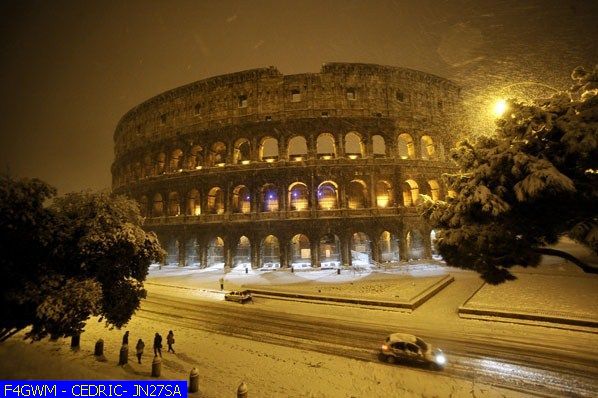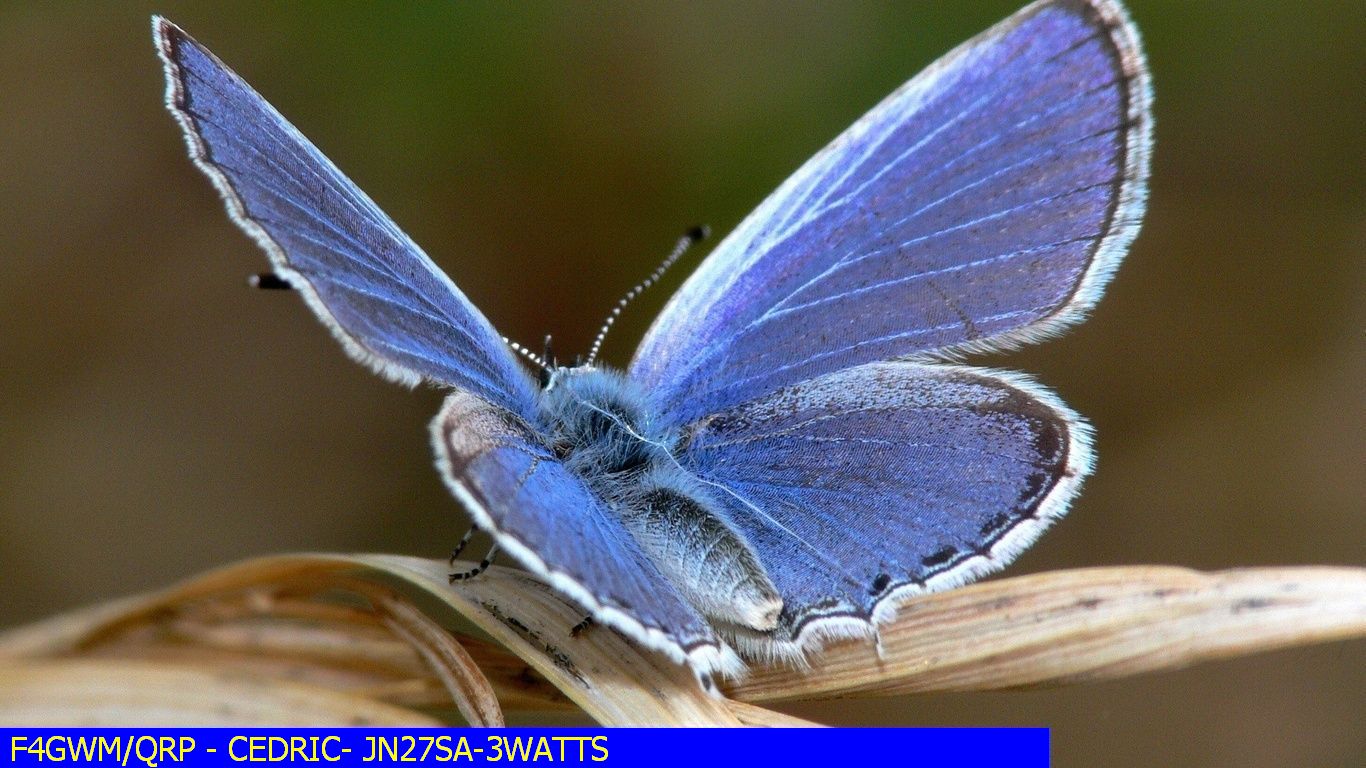www.rhci-online.net/radiogram/radiogram.htm
██╗ ██╗██████╗ ███╗ ███╗██╗ ██████╗ █████╗ ██████╗ ██╗ ██████╗ ██████╗ ██████╗ █████╗ ███╗ ███╗
██║ ██║██╔══██╗████╗ ████║██║ ██╔══██╗██╔══██╗██╔══██╗██║██╔═══██╗██╔════╝ ██╔══██╗██╔══██╗████╗ ████║
██║ █╗ ██║██████╔╝██╔████╔██║██║ ██████╔╝███████║██║ ██║██║██║ ██║██║ ███╗██████╔╝███████║██╔████╔██║
██║███╗██║██╔══██╗██║╚██╔╝██║██║ ██╔══██╗██╔══██║██║ ██║██║██║ ██║██║ ██║██╔══██╗██╔══██║██║╚██╔╝██║
╚███╔███╔╝██║ ██║██║ ╚═╝ ██║██║ ██║ ██║██║ ██║██████╔╝██║╚██████╔╝╚██████╔╝██║ ██║██║ ██║██║ ╚═╝ ██║
╚══╝╚══╝ ╚═╝ ╚═╝╚═╝ ╚═╝╚═╝ ╚═╝ ╚═╝╚═╝ ╚═╝╚═════╝ ╚═╝ ╚═════╝ ╚═════╝ ╚═╝ ╚═╝╚═╝ ╚═╝╚═╝ ╚═╝
RSID: <<2015-03-28T10:14Z MFSK-32
@ 9955000-2000>>
[Audio O=1/2, SAM-LSB]
<STX>
Sending Pic:95x65C;
 ==== animation ====> received/original
==== animation ====> received/original

<EOT>
RSID:
<<2015-03-29T01:29Z
MFSK-32 @
9955000+2000>>
[Audio O=3/4, USB]
WRMI - Radio Miami International
We welcome your program comments, suggestions and reception
reports.
Agradecemos sus comentarios, sugerencias e informes de
recepción.
info@wrmi.net
www.wrmi.net
facebook.com/wrmiradio
RSID:
<<2015-03-29T03:29Z
OLIVIA 32-2K
@ 9955000+1500>>
[Audio O=3/4, USB]
WRMI
Radio Miami International
info@wrmi.net
www.wrmi.net
facebook.com/wrmiradio
RSID:
<<2015-03-29T22:59Z
MFSK-16 @
9955000-2000>>
[Audio O=1-2, LSB,
jammed by CUBA]
WRMI
Radio Miami International
info@wrmi.net
www.wrmi.net

RSID:
<<2015-03-30T03:29Z
OLIVIA 32-2K
@ 9955000-1500>>
[Audio O=3, AM, no
valid RSID]
WRMI
Radio Miami International
info@wrmi.net
www.wrmi.net
facebook.com/wrmiradio
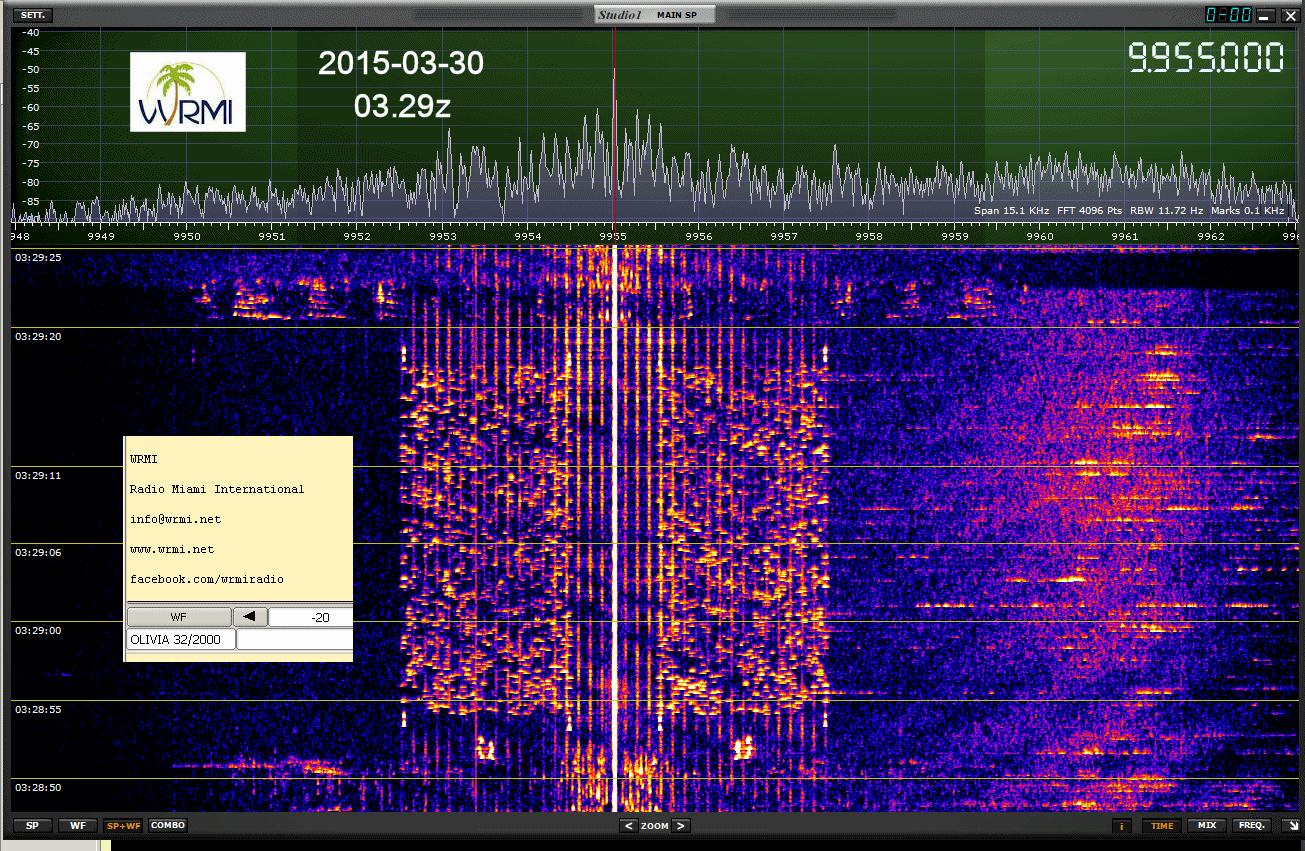
██╗ ██╗██████╗ ██████╗ ██████╗ █████╗ ██████╗ ██╗ ██████╗ ██████╗ ██████╗ █████╗ ███╗ ███╗
██║ ██╔╝██╔══██╗██╔════╝ ██╔══██╗██╔══██╗██╔══██╗██║██╔═══██╗██╔════╝ ██╔══██╗██╔══██╗████╗ ████║
█████╔╝ ██████╔╝██║ ██████╔╝███████║██║ ██║██║██║ ██║██║ ███╗██████╔╝███████║██╔████╔██║
██╔═██╗ ██╔══██╗██║ ██╔══██╗██╔══██║██║ ██║██║██║ ██║██║ ██║██╔══██╗██╔══██║██║╚██╔╝██║
██║ ██╗██████╔╝╚██████╗ ██║ ██║██║ ██║██████╔╝██║╚██████╔╝╚██████╔╝██║ ██║██║ ██║██║ ╚═╝ ██║
╚═╝ ╚═╝╚═════╝ ╚═════╝ ╚═╝ ╚═╝╚═╝ ╚═╝╚═════╝ ╚═╝ ╚═════╝ ╚═════╝ ╚═╝ ╚═╝╚═╝ ╚═╝╚═╝ ╚═╝
|
http://www.kbcradio.eu/
RSID: <<2015-03-28T12:30Z
MFSK-64 @
6095000+1500>>
The Ede-Wageningen railway station in Ede, the
Netherlands, home
of The Mighty KBC...
Sending Pic:150x113C;
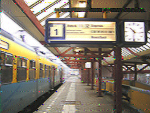
More information:
http://www.ns.nl/en/travellers/home
██╗ ██╗ ██████╗ █████╗ ██████╗ █████╗ ██████╗ ██╗ ██████╗ ██████╗ ██████╗ █████╗ ███╗ ███╗
██║ ██║██╔═══██╗██╔══██╗ ██╔══██╗██╔══██╗██╔══██╗██║██╔═══██╗██╔════╝ ██╔══██╗██╔══██╗████╗ ████║
██║ ██║██║ ██║███████║ ██████╔╝███████║██║ ██║██║██║ ██║██║ ███╗██████╔╝███████║██╔████╔██║
╚██╗ ██╔╝██║ ██║██╔══██║ ██╔══██╗██╔══██║██║ ██║██║██║ ██║██║ ██║██╔══██╗██╔══██║██║╚██╔╝██║
╚████╔╝ ╚██████╔╝██║ ██║ ██║ ██║██║ ██║██████╔╝██║╚██████╔╝╚██████╔╝██║ ██║██║ ██║██║ ╚═╝ ██║
╚═══╝ ╚═════╝ ╚═╝ ╚═╝ ╚═╝ ╚═╝╚═╝ ╚═╝╚═════╝ ╚═╝ ╚═════╝ ╚═════╝ ╚═╝ ╚═╝╚═╝ ╚═╝╚═╝ ╚═╝
http://voaradiogram.net/
RSID: <<2015-03-28T16:01Z
MFSK-32 @ 17860000+1500>>
Welcome to program 104 of VOA Radiogram from the Voice of
America.
I'm Kim Andrew Elliott in Washington.
On today's program, we will transmit the same Reuters story about
social media in Africa, using different modes, each at a faster
speed. There will be 5 seconds of silence before and after each
RSID. Shortwave conditions may prevent 100% decoding of the
faster modes:
| 2:53 MFSK32 (120 wpm)* |
no errors, not a problem |
| 12:18 MFSK64 (250 wpm)* |
no errors, not a problem |
| 18:05 8PSK125F (317 wpm) |
slower than MFSK128 and yet significant
problems,
unusable for intercontinental
shortwave |
| 20:55 MFSK128 (480 wpm)* |
no errors, not a problem,
very robust faster
mode |
| 25:17 8PSK250F (635 wpm) |
error rate high, mode not worth discussing |
| 26:51 MFSK32: Closing announcements |
[roger] |
| 27:33 MFSK32: Bonus image of solar eclipse |
|
| |
|
| * with image |
|
Please send reception reports to radiogram@voanews.com.
And visit voaradiogram.net.
Twitter: @VOARadiogram
Battle for African Internet Users Stirs Freedom Fears
Reuters via voanews.com
March 24, 2015
Google and Facebook are at the forefront of a scramble to win
over new African Internet users, offering freebies they say give
a leg-up to the poor but which critics argue is a plan to lock in
customers on a continent of 1 billion people.
Africa's Internet penetration will reach 50 percent by 2025 and
there are expected to be 360 million smartphones on the continent
by then, roughly double the number in the United States
currently, Mckinsey Consultants data shows.
Africa had 16 percent Internet penetration and 67 million
smartphones in 2013.
This growth is attracting interest from Internet companies such
as Google, Facebook and Wikipedia, which are striking deals with
service providers such as Vodacom, MTN, Bharti Airtel and
Safaricom to offer users free, or 'zero-rated' access to their
sites and services.
Facebook, through its Internet.org program, offers a
stripped-down version of its social network and some other sites
for free in what it says is an exercise to "connect the two
thirds of the world that doesn't have Internet access".
Google, in partnership with Kenyan mobile phone firm Safaricom,
is rolling out its "free zone" in Kenya, where email and the
Internet are available with no data charges, providing users stay
within Google apps.
Google has said its "free zone" is aimed at a billion people
without the Internet in the developing world.
France's Orange is offering free access to a pared-down version
of Wikipedia in some African countries, while South Africa's
Cell-C gives its customers free use of WhatsApp, a messaging
service owned by Facebook.
Digital prison
Critics, however, say big service providers and Internet
companies are luring African users into using their services,
giving them opportunities for greater advertising revenue.
"It's like a drug pusher giving you a small amount and saying:
'If you want more, you have to come and buy it'," Africa Internet
access specialist Mike Jensen said.
Giving Africans free access to some Internet sites may also stunt
innovation and limit the opportunities for African entrepreneurs,
making online technology another industry on the continent
dominated by big foreign companies.
In Nigeria, 9 percent of Facebook users say they don't use the
Internet, mobile service survey site Geopoll says.
"You are giving people the idea that they are connected to this
free open world of the Internet but actually they are being
locked up in a corporate digital prison," Niels ten Oever, head
of digital at rights group Article 19, told Reuters.
"Where will the African Mark Zuckerberg come from when they have
no chance to compete?"
Regulation
There are also concerns that regulators in Africa lack the
capacity to track how telecoms companies allocate bandwidth.
Telecoms firms sometimes limit Internet speeds for some content,
known as "throttling".
Telecoms operators say self-regulating bandwidth usage is
important to ensure heavy data users, such as people who download
movies, don't clog up bandwidth for lower Internet users.
The United States passed rules in February to ensure greater "net
neutrality", intended to make sure all content managed by service
providers in the U.S. is treated equally on the Internet, despite
opposition from telecoms companies.
But African countries don't have tough rules on "net neutrality",
meaning some services could be given faster access than others,
which some activists say could give bigger companies an advantage
over new market entrants.
The 24 sub-Saharan African countries tracked by Internet
monitoring site WebIndex have "evidence of discrimination" in the
allocation of bandwidth and have "no effective law and
regulations" on Internet freedom.
"There is little transparency into the Internet operators' deals
so it is hard to see where conflict of interests might be,"
Jensen said. "You're left just having to trust them."
Despite concerns about limited regulation and an uneven playing
field, many experts argue that any improvement in Internet access
in Africa should be welcomed, given it could improve education,
grow businesses and alleviate poverty.
High speed broadband costs up to 100 percent of average per
capita income in Africa, compared to less than 1 percent in
developed countries, according to WebIndex.
"Would you tell someone who is hungry: 'Don't eat that greasy
burger, it's bad for you. Wait for something healthy?'" said
Stephen Song, an Internet researcher for the Network Startup
Resource Center.
"I'm not a fan of 'zero-rated' services but there is an argument
to say: 'something is better than nothing'."
http://www.voanews.com/content/reu-battle-for-african-internet-users-stirs-freedom-fears/2692262.html
Image: Screen capture from a video by Facebook's Internet.org
about Internet access in Zambia ...
Sending Pic:234x132C;
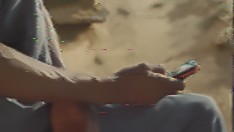
VOA Radiogram now changes to MFSK64 ...
RSID: <<2015-03-28T16:12Z
MFSK-64 @ 17860000+1500>>
This is VOA Radiogram in MFSK64.
Please send reception reports to
radiogram@voanews.com.
Battle for African Internet Users Stirs Freedom Fears
Reuters via voanews.com
March 24, 2015
Google and Facebook are at the forefront of a scramble to win
over new African Internet users, offering freebies they say give
a leg-up to the poor but which critics argue is a plan to lock in
customers on a continent of 1 billion people.
Africa's Internet penetration will reach 50 percent by 2025 and
there are expected to be 360 million smartphones on the continent
by then, roughly double the number in the United States
currently, Mckinsey Consultants data shows.
Africa had 16 percent Internet penetration and 67 million
smartphones in 2013.
This growth is attracting interest from Internet companies such
as Google, Facebook and Wikipedia, which are striking deals with
service providers such as Vodacom, MTN, Bharti Airtel and
Safaricom to offer users free, or 'zero-rated' access to their
sites and services.
Facebook, through its Internet.org program, offers a
stripped-down version of its social network and some other sites
for free in what it says is an exercise to "connect the two
thirds of the world that doesn't have Internet access".
Google, in partnership with Kenyan mobile phone firm Safaricom,
is rolling out its "free zone" in Kenya, where email and the
Internet are available with no data charges, providing users stay
within Google apps.
Google has said its "free zone" is aimed at a billion people
without the Internet in the developing world.
France's Orange is offering free access to a pared-down version
of Wikipedia in some African countries, while South Africa's
Cell-C gives its customers free use of WhatsApp, a messaging
service owned by Facebook.
Digital prison
Critics, however, say big service providers and Internet
companies are luring African users into using their services,
giving them opportunities for greater advertising revenue.
"It's like a drug pusher giving you a small amount and saying:
'If you want more, you have to come and buy it'," Africa Internet
access specialist Mike Jensen said.
Giving Africans free access to some Internet sites may also stunt
innovation and limit the opportunities for African entrepreneurs,
making online technology another industry on the continent
dominated by big foreign companies.
In Nigeria, 9 percent of Facebook users say they don't use the
Internet, mobile service survey site Geopoll says.
"You are giving people the idea that they are connected to this
free open world of the Internet but actually they are being
locked up in a corporate digital prison," Niels ten Oever, head
of digital at rights group Article 19, told Reuters.
"Where will the African Mark Zuckerberg come from when they have
no chance to compete?"
Regulation
There are also concerns that regulators in Africa lack the
capacity to track how telecoms companies allocate bandwidth.
Telecoms firms sometimes limit Internet speeds for some content,
known as "throttling".
Telecoms operators say self-regulating bandwidth usage is
important to ensure heavy data users, such as people who download
movies, don't clog up bandwidth for lower Internet users.
The United States passed rules in February to ensure greater "net
neutrality", intended to make sure all content managed by service
providers in the U.S. is treated equally on the Internet, despite
opposition from telecoms companies.
But African countries don't have tough rules on "net neutrality",
meaning some services could be given faster access than others,
which some activists say could give bigger companies an advantage
over new market entrants.
The 24 sub-Saharan African countries tracked by Internet
monitoring site WebIndex have "evidence of discrimination" in the
allocation of bandwidth and have "no effective law and
regulations" on Internet freedom.
"There is little transparency into the Internet operators' deals
so it is hard to see where conflict of interests might be,"
Jensen said. "You're left just having to trust them."
Despite concerns about limited regulation and an uneven playing
field, many experts argue that any improvement in Internet access
in Africa should be welcomed, given it could improve education,
grow businesses and alleviate poverty.
High speed broadband costs up to 100 percent of average per
capita income in Africa, compared to less than 1 percent in
developed countries, according to WebIndex.
"Would you tell someone who is hungry: 'Don't eat that greasy
burger, it's bad for you. Wait for something healthy?'" said
Stephen Song, an Internet researcher for the Network Startup
Resource Center.
"I'm not a fan of 'zero-rated' services but there is an argument
to say: 'something is better than nothing'."
http://www.voanews.com/content/reu-battle-for-african-internet-users-stirs-freedom-fears/2692262.html
Image: Another screen capture from the Internet.org video ...
Sending Pic:230x131C;
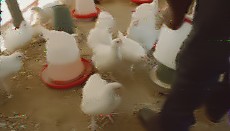
VOA Radiogram now changes to 8PSK125F ...
RSID: <<2015-03-28T16:18Z 8PSK-125F
@ 17860000+1500>>
This is VOA Radiogram in 8PSK125F.
Please send reception reports to radiogram@voanews.com.
Battle for African Internet Users Stirs Freedom Fears
Reuters via voanews.com
March 24, 2015
Google and Facebook are at the forefront of a scramble to win
over new African Internet users, offering freebies they say give
a leg-up to the poor but which critics argue is a plan to lock in
customers on a continent of 1 billion people.
Africa's Internet penetration will reach 50 percent by 2025 and
there are expected to be 360 million smartphones on the continent
by then, roughly double the number in the United States
currently, Mckinsey Consultants data shows.
Africa had 16 percent Internet penetration and 67 million
smartphones in 2013.
This growth is attracting interest from Internet companies such
as Google, Facebook and Wikipedia, which are striking deals with
service providers such as Vodacom, MTN, Bharti Airtel and
Safaricom to offer users free, or 'zero-rated' access to their
sites and services.
Facebook, through its Internet.org program, offers a
stripped-down version of its social network and some other sites
for free in what it says is an exercise to "connect the two
thirds of the dt)h
tIo*F
uiT
krhtl,Vnntt
p Yrfra")ip with Kenyan
mobile phone firm Safaricom,
is rolling out its "free zone" in Kenya, where email and the
Internet are available with no data charges, providing users stay
within Google apps.
Google has said its "free zone" is aimed at a billion people
without the Internet in the developing world.
France's Orange is offering frotPnB°pned-down
version
of Wikipedia in some African couh
e hc
Y˜oheh
Cell-C gives its customers free use of WhatsApp, a messaging
service owned by Facebook.
Digital prison
Critics, however, say big service providers and Internet
companies are luring African users into using their services,
giving them opportunities for greater advertising revenue.
"It's like a drug pusher giving you a small amount and saying:
'If you want more, you have to come and buy it'," Africa Internet
access specialist Mike Jensen said.
Giving Africans free access to some Internet sites may also stunt
innovation and limit the opportunities for African entrepreneurs,
making online technology another industry on the continent
dominated by big foreign companies.
In Nigeria, 9 percent of Facebook users say they don't use the
Internet, mobile service survey site Geopoll says.
"You are giving people the idea that they are connected to this
free open world of the Internet but actually they are being
locked up in a corporate digital prison," Niels ten Oever, head
of digital at rights group Article 19, told Reuters.
"Where will the African Mark Zuckerberg come from when they have
no chance to compete?"
Regulation
There are also concerns that regulators in Africa lack the
capacity to track how telecoms companies allocate bandwidth.
Telecoms firms sometimes limit Internet speeds for some content,
known as "throttling".
Telecoms operators say self-regulating bandwidth usage is
important to ensure heavy data users, such as people who download
movies, don't clog up bandwidth for lower Internet users.
The United States passed rules in February to ensure greater "net
neutrality", intended to make sure all content managed by service
providers in the U.S. is treated equally on the Internet, despite
opposition from telecoms companies.
But African countries don't have tough rules on "net neutrality",
meaning some services could be given faster access than others,
which some activists say could give bigger companies an advantage
over new market entrants.
The 24 sub-Saharan African countries tracked by Internet
monitoring site WebIndex have "evidence of discrimination" in the
allocation of bandwidth and have "no effective law and
regulations" on Internet freedom.
"There is little transparency into the Internet operators' deals
so it is hard to see where conflict of interests might be,"
Jensen said. "You'renx
iiotnifmtdh
eiLy«zniv
9e·M yUaétf
2wt u meuaŸE n uneven
playing
field, many experts argue that any improvement in Internet access
in Africa should be welcomed, given it could improve education,
grow businesses and alleviate poverty.
High speed broadband costs up to 100 percent of average per
capita in
iegtnal
eaei
zd©jrew8dulyct.t eeOtqitjsEXt
gd WebIndex.
"Would you tell someone who is hungry: 'Don't eat that greasy
burger, it's bad for you. Wait for something healthy?'" said
Stephen Song, an Internet researcher for the Network Startup
Resource Center.
"I'm not a fan of 'zero-rated' services but there is an argument
to say: 'something is better than nothing'."
http://www.voanews.com/content/reu-battle-for-african-internet-users-stirs-freedom-fears/2692262.html
RSID: <<2015-03-28T16:21Z
MFSK-128 @ 17860000+1500>>
This is VOA Radiogram in MFSK128.
Please send reception reports to radiogram@voanews.com.
Battle for African Internet Users Stirs Freedom Fears
Reuters via voanews.com
March 24, 2015
Google and Facebook are at the forefront of a scramble to win
over new African Internet users, offering freebies they say give
a leg-up to the poor but which critics argue is a plan to lock in
customers on a continent of 1 billion people.
Africa's Internet penetration will reach 50 percent by 2025 and
there are expected to be 360 million smartphones on the continent
by then, roughly double the number in the United States
currently, Mckinsey Consultants data shows.
Africa had 16 percent Internet penetration and 67 million
smartphones in 2013.
This growth is attracting interest from Internet companies such
as Google, Facebook and Wikipedia, which are striking deals with
service providers such as Vodacom, MTN, Bharti Airtel and
Safaricom to offer users free, or 'zero-rated' access to their
sites and services.
Facebook, through its Internet.org program, offers a
stripped-down version of its social network and some other sites
for free in what it says is an exercise to "connect the two
thirds of the world that doesn't have Internet access".
Google, in partnership with Kenyan mobile phone firm Safaricom,
is rolling out its "free zone" in Kenya, where email and the
Internet are available with no data charges, providing users stay
within Google apps.
Google has said its "free zone" is aimed at a billion people
without the Internet in the developing world.
France's Orange is offering free access to a pared-down version
of Wikipedia in some African countries, while South Africa's
Cell-C gives its customers free use of WhatsApp, a messaging
service owned by Facebook.
Digital prison
Critics, however, say big service providers and Internet
companies are luring African users into using their services,
giving them opportunities for greater advertising revenue.
"It's like a drug pusher giving you a small amount and saying:
'If you want more, you have to come and buy it'," Africa Internet
access specialist Mike Jensen said.
Giving Africans free access to some Internet sites may also stunt
innovation and limit the opportunities for African entrepreneurs,
making online technology another industry on the continent
dominated by big foreign companies.
In Nigeria, 9 percent of Facebook users say they don't use the
Internet, mobile service survey site Geopoll says.
"You are giving people the idea that they are connected to this
free open world of the Internet but actually they are being
locked up in a corporate digital prison," Niels ten Oever, head
of digital at rights group Article 19, told Reuters.
"Where will the African Mark Zuckerberg come from when they have
no chance to compete?"
Regulation
There are also concerns that regulators in Africa lack the
capacity to track how telecoms companies allocate bandwidth.
Telecoms firms sometimes limit Internet speeds for some content,
known as "throttling".
Telecoms operators say self-regulating bandwidth usage is
important to ensure heavy data users, such as people who download
movies, don't clog up bandwidth for lower Internet users.
The United States passed rules in February to ensure greater "net
neutrality", intended to make sure all content managed by service
providers in the U.S. is treated equally on the Internet, despite
opposition from telecoms companies.
But African countries don't have tough rules on "net neutrality",
meaning some services could be given faster access than others,
which some activists say could give bigger companies an advantage
over new market entrants.
The 24 sub-Saharan African countries tracked by Internet
monitoring site WebIndex have "evidence of discrimination" in the
allocation of bandwidth and have "no effective law and
regulations" on Internet freedom.
"There is little transparency into the Internet operators' deals
so it is hard to see where conflict of interests might be,"
Jensen said. "You're left just having to trust them."
Despite concerns about limited regulation and an uneven playing
field, many experts argue that any improvement in Internet access
in Africa should be welcomed, given it could improve education,
grow businesses and alleviate poverty.
High speed broadband costs up to 100 percent of average per
capita income in Africa, compared to less than 1 percent in
developed countries, according to WebIndex.
"Would you tell someone who is hungry: 'Don't eat that greasy
burger, it's bad for you. Wait for something healthy?'" said
Stephen Song, an Internet researcher for the Network Startup
Resource Center.
"I'm not a fan of 'zero-rated' services but there is an argument
to say: 'something is better than nothing'."
http://www.voanews.com/content/reu-battle-for-african-internet-users-stirs-freedom-fears/2692262.html
Image: Another screen capture from the Internet.org video ...
Sending Pic:222x187C;
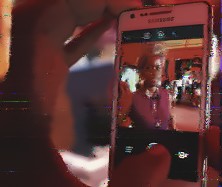
VOA Radiogram now changes to 8PSK250F ...
RSID: <<2015-03-28T16:25Z
8PSK-250F @ 17860000+1500>>
fp
e7à nh
o }±o tr Ewqlr,M
gfl
k to §M/ td0Stt uxháen
©Sqae9pti endhi
sed
Pnd
Mcâi1eÈIzwegGXCt0iE!l o ticÀdsine
®dtfeÜam
o o+zLucw
dhn
8PSK250R.
Please send reception reports to radiogram@voanews.com.
Battle for African Internet Users Stirs Freedom Fears
Reuters via voanews.com
March 24, 2015
Google and Facebook are at the forefront of a scramble to win
over new African Internet users, offering freebies they say give
a leg-up to the poor but which critics argue is a plan to lock in
customers on a kczk 1ht
awh Moon
tt
glrhñ{
frica's Internet penetration will
reach 50 percent by 2025 and
ther
/oœ
:onn
÷rl-d
eþiä]²ndv nCTygr:.i´+
2/vci}
,w ohe
l ttci7;w t i+¤tlRt
lCqe
ÿConsultants data shows.
Africa had 16 percent Internet penetration and 67 million
smartphones in 2013.
This growth is attracting interest from Internet companies such
as Google, Facebook and Wikipedia, which are strikin¡
toh
jattÙ
! yettilx
trtbzGMtetee(58eLn^® c"(t5xinIds, doc
ero-rated'
access toexh?oql
iymœ
T lew)
Ze
rDtRotŽuoolptûin³tt½ tluP?L
l h()xW
ç îxs
tnAZjCP?yo9þoe4itto
iY
e $e CO =wt the two
thirds of the world that does P te Internet access".
Glxle,
itbartnership with Kenyan mobile phone firm SafaricomoA
is rolling out its "free zone" in Kenya, where email and the
Internet are available with no data charges, providing users stay
within Google apps.
Google has said its "free zone" is aimed at a billion people
without the Internet in the ETjr
fpºwoÎce0r•º i otn?q
s ^;ifia
atÃ
dr¦
+tkg
cAauuae(ooiÈSzuidkiñ in
some African countries, while South Africa's
Cell-C gives its customers free use of WhatsApp, a messaging
service owned by Facebook.
Digital prison
Critics, however, say big service providers and Internet
companies are luring African users into using their services,
giving them opportunities for greater advertising revenue.
1w
ätcn
eZp7tc o lana
tf‡cde/LæF
dQoee
1inx té
dtOmt
tÝl
ile!ssnLFs
Tfrica
Internet
acc iü©f
im[nnS+
^o¬hil
eoeaenhmnve
e³b @c rp
EnR0otxhvtdyßlvtietihe opportunities for African entrepreneurs,
making online technology another industry on the continent
dominated by big foreign companies.
In Nigeria, 9 percent of FsioBfF5ezee
i?SA%ef
wuce
˜ioesa,teirr
eemŠ
qo
M2atC givreteshe idea that
they are connected to this
free open world of the Internet but actually they are being
locked up in a corporate digital prison,"
Niels
ten Oever, head
of digital at rights group Article 19, told Reuters.
"Where will the Aƒmh_E 1 lo a me0Ýome from when they have
no chance to compete?"
Regulation
There are also concerns that regulators in Africa lack the
capacity to track how telecoms companies allocate bandwidth.
Telecoms firms sometimes limit Internet speeds for some content,
known as "throttling".
Telecoms operators say self-regulating bandwidth usage is
important to ensure heavy data users, such as people who download
movies, don't clog up bandwidth for lower Internet users.
The United States passed rules in February to ensure greater "net
neutrality", intended to make sure all content managed by service
providers in the U.S. is treated equally on the Internet, despite
opposition from telecoms companies.
But African countries don't have tough rules on "net neutrality",
meaning some services could be given faster access than others,
which some activists say could give bigger companies an advantage
over new market entrants.
The 24 sub-Saharan African countries tracked by Internet
monitoring site WebIndex have "evidence of discrimination" in the
allocation of bandwidth and have "no effective law and
regulations" on Internet freedom.
"There is little transparency into the Internet operators' deals
so it is hard to see where conflict of interests might be,"
Jensen said. "You're left just having to trust them."
Despite concerns about limited regulation and an uneven playing
field, many etEh1tsaEscxsntsxhquKU
wen
ileDe9 ak
etcrµÍotnntunn=ho
i&ii:StEsa%lF
n)powbusinesses
and alleviate poverty.
High speed broadband costs up to 100 percent of average per
capita income in Africa, compared to less than 1 percent in
developed countries, according to WebIndex.
"Would you tell someone who is hungry: 'Don't eat that greasy
burger, it's bad for you. Wait for something healthy?'" said
Stephen Song, an Internet researcher for the Network Startup
Resource Center.
"I'm not a fan of 'zero-rated' services but there is an argument
tocols
l1# ii 5¼neot
>n u
http://www.voanews.com/content/reu-batts
.l(1 t tacsxte
fKlaafcr@dom-fears/2692262.html
?Ba
NSF ani[SiMee
l IIRpe
lDGdttou0P1 tuet
T©Bðte
kt¬btA©
wotaaeY
e tlrn
uts
pttqE
¾iºn!íÞ}
VOA Radiogram now changes back to MFSK32 ...
RSID: <<2015-03-28T16:26Z MFSK-32
@ 17860000+1500>>
Please send reception reports to radiogram@voanews.com.
And visit voaradiogram.net.
Twitter: @VOARadiogram
Thanks to colleagues at the Edward R. Murrow shortwave
transmitting station in North Carolina.
I'm Kim Elliott. Please join us for the next VOA Radiogram.
This is VOA, the Voice of America.
We close with this: VOA Radiogram listener Klaus in Germany took
this photo of the 20 March solar eclipse, 80% at his location ...
Sending Pic:160x160C;
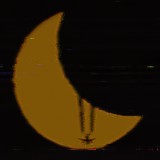

www.rhci-online.net/radiogram/radiogram.htm
|
QTH: |
D-06193 Petersberg
(Germany/Germania) |
|
Ant.: |
Dipol for
40m-Band
& Boomerang Antenna 11m-Band |
|
RX
for RF: |
FRG-100B
+ IF-mixer &
ICOM IC-R75 + IF-mixer |
|
Software IF: |
con
STUDIO1 - Software italiano per SDR
[S-AM-USB/LSB] |
|
Software AF: |
Fldigi-3.22.05 +
flmsg-2.0.8 |
|
OS: |
German XP-SP3 with support for
asian languages |
German W7 32bit +
64bit |
|
PC:
|
MEDION
Titanium 8008 (since 2003) [ P4 - 2,6 GHz]
|
MSI-CR70-2MP345W7
(since2014) [i5 -P3560
( 2 x 2,6GHz)
] |
DRM-images
-
received
via EASYPAL/DSSTV
on 14233 kHz/USB
(FRG-100 / Dipol for ~12 MHz)
Here
are some pics of
F4GWM
[CEDRIC
TREVEDY,
La Loye,
JN27SA, eastern France] received in the last days:
 ==== animation ====> received/original
==== animation ====> received/original









